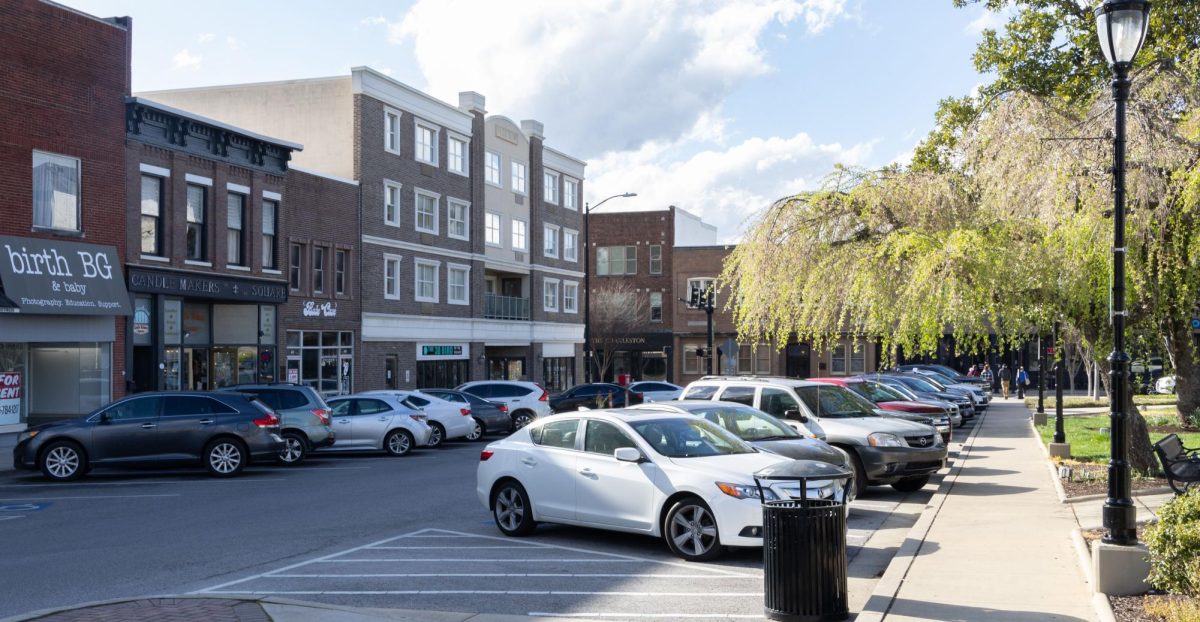Saudi students restricted from certain classes
April 14, 2015
Some students feel overwhelmed by all the options when it comes to picking classes, but for some Saudi Arabian students the options are fewer.
The Academic Quality Committee—a standing committee in the Faculty Senate—submitted a report to the Senate Executive Committee on March 1 regarding an investigation. The committee was asked to investigate an email sent to all advisors regarding students funded by the Saudi Arabian Cultural Mission (SACM).
The SACM is an organization that provides financial aid to Saudi Arabian students who choose to further their education in the United States.
Laura DeLancey, Academic Quality committee chair, said the committee was asked to look into the issue by the SEC.
Russell Curley, director of the Academic Advising and Retention Center, sent the email. He said SACM does not fund certain courses, such as religion and dance.
“It is funded through their national government and they do have some limitations with what they’re willing to fund,” he said.
Curley said SACM funding also extends to majors as well. Majors incorporating hard sciences, such as engineering, are funded while humanities based majors are not.
DeLancey said the email in question was informing advisors what classes the Saudi Arabian students were funded to take.
“Someone was concerned that advisors were being told to steer students away from these majors,” DeLancey said. “When the Academic Quality Committee read the email, it appeared to us that it wasn’t so much anybody was saying steer students away. It was informing students that they aren’t funded for these majors.”
DeLancey said that was an important distinction to make.
“It’s one thing to inform a student of what their funding will and will not cover and it’s another thing to actively dissuade them from taking a certain class,” she said.
The investigation into the email concluded at the end of February and the committee’s report was released on March 1.
However, DeLancey said the conversation might continue if someone asks for further investigation regarding Saudi Arabian students’ academic freedom.
“Other issues came up when we were talking, including is it a problem that WKU is accepting funding from an institution that doesn’t allow students complete freedom of the classes that they take, but we felt that was outside the scope that we had been charged to look at,” she said.
She said if someone on Faculty Senate or the SEC decided they want to broaden the conversation, then the committee would do further investigation.


















![Students cheer for Senator at Large Jaden Marshall after being announced as the Intercultural Student Engagement Center Senator for the 24th Senate on Wednesday, April 17 in the Senate Chamber in DSU. Ive done everything in my power, Ive said it 100 times, to be for the students, Marshall said. So, not only to win, but to hear that reaction for me by the other students is just something that shows people actually care about me [and] really support me.](https://wkuherald.com/wp-content/uploads/2024/04/jadenmarshall-600x422.jpg)




